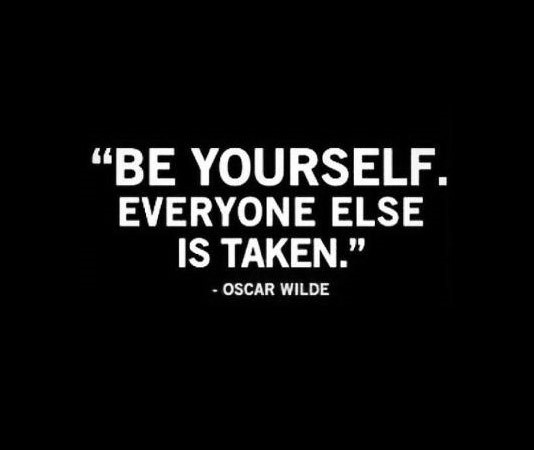The top tunes that prevent career change

If you’ve been thinking about or working towards a positive career change, it might help to have a heads up on the top thought patterns that prevent people from making a concrete change.
These thoughts can act like tunes in our head, set to repeat, replaying over and over and causing doubt, procrastination and a sense of futility.
They encourage us to give in and assume its game over before we’ve made any significant strides in the direction of our desired career.
The good news is that these tunes are typically limiting beliefs, and on closer examination often show themselves for what they are – imagined rather than real fears conjured up by our mind in a well-meaning but misled bid to protect us.
So what are the tunes? The playlist goes something like this:
Category: I’m a lost cause
Top tunes:
- Circles in the sand: I can’t figure out what I want, I’ll get it wrong, I can’t make a move
- It’s too late baby: I should have started on this earlier, I’m out of time
- Age of worry: I’ve missed the boat, I’m too old to make it happen
Category: I’ll never make enough money
Top tunes:
- In the ghetto: A change means I’ll end up broke, or worse, on the streets
- I’m going back to the start: Starting anew means the bottom rung of the career ladder
- Highway to the danger zone: It’s too risky, I’ll lose everything I’ve ever worked for
Category: I’m not making enough progress
Top tunes:
- It’s a sign: These hurdles prove it’s not meant to be, it shouldn’t be this hard
- The slow train: It’s taking too long, it’ll never happen, I should give up the ghost
- In the way: There are too many things going on, I’m not building momentum fast enough
If any of these tunes sound familiar, ask yourself one question:
Can you absolutely, 100% know that it’s true?
If deep down the answer is no, your mind is likely entertaining a limiting belief.
One way to prevent it from causing inaction is to challenge yourself to find proof points for the exact opposite tune.
For example, ‘I’m too old to make it happen’ becomes ‘I’m not too old to make it happen’, and you find proof points or ideas where that new tune could be true instead of the original.
The more you challenge your own mind’s fearful thinking on tunes that hold you back, the more likely you’ll be to make progress and activate the career you really want.
Recent Posts

City life to Rural Wales. A couple’s career and life change story
Major Life Change is Possible Do you dream of living a different kind of life, and doing work that incites joy and passion, but think

Making Feel-Good Changes. Philosophies on Luck and Risk
Happiness Propelled by Provocative Philosophies Do you ever wonder how to find the courage and resilience to make big work and life-affirming changes, when those

From Daily Fatigue To Energised Joy. My Career Change Saved My Health
Live your purpose and BE HAPPY Do you ever feel like your list of criteria for an ideal career and lifestyle might be far-fetched or




